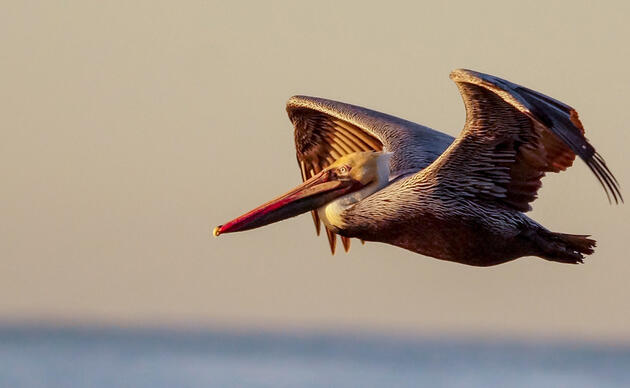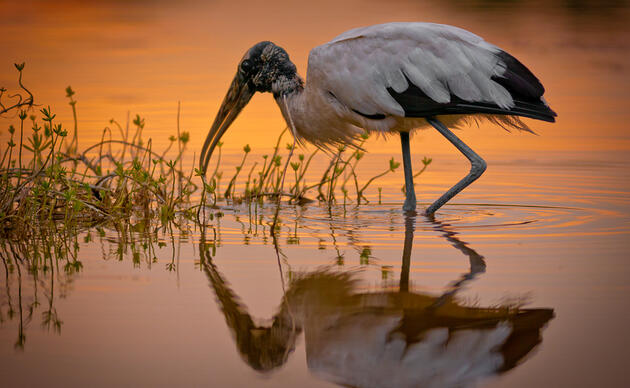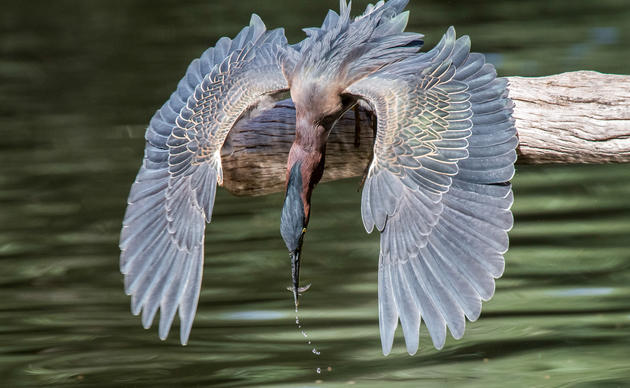On April 23rd, Audubon South Carolina staff joined Governor Henry McMaster at Cottle Farms outside Columbia, SC as he ceremonially signed the Working Agricultural Lands Preservation Act (H.3951) into law. Conservation partners, the agricultural community, and other stakeholders came together to celebrate this event.
H.3951 creates a separate fund within the SC Conservation Bank specifically to enable landowners to protect their agricultural working lands in perpetuity through a voluntary conservation easement. The bill also adds representatives from Departments of Agriculture, Commerce and Transportation as ex-officio members to the Conservation Bank Board to ensure that the diverse group of stakeholders who play a role in land use and conservation at the state level are also included in the conversation.
This legislation was a priority for Audubon South Carolina and staff advocated for this bill alongside partners, including Upstate Forever, during the last two years of legislative session.
South Carolina is one of the top ten states most threatened by agricultural land loss. Northern Bobwhite quail and Eastern Meadowlarks are examples of bird species dependent on grassland habitat that are disappearing at an alarming rate. We have lost 85% of our quail population in the last 60 years. Conversion of farm land to other uses has also been directly correlated to inland Painted Bunting population declines. Farms can help through bird-friendly practices on their lands, which include low-maintenance management techniques like retaining fallow fence rows and ditch banks (i.e. allowing native grasses and weeds to grow) that are key components for quail habitat. Planting quail buffers can also improve pollinator habitat and improve crop yields.
This new program at the SC Conservation Bank will help ensure our farms stay farms into the future, protecting farmers’ livelihoods and illustrating the conservation value of these landscapes to birds and our communities. While the state budget is not yet finalized, we are optimistic this program will receive funding to get started next year.






